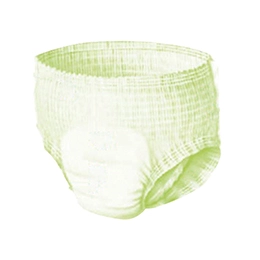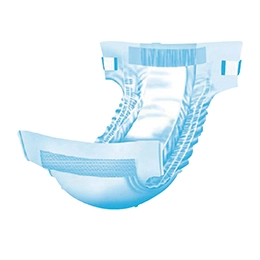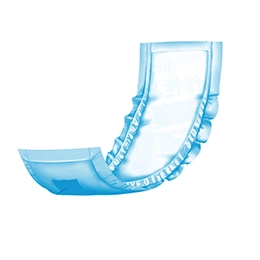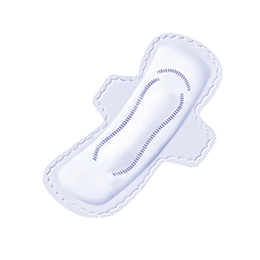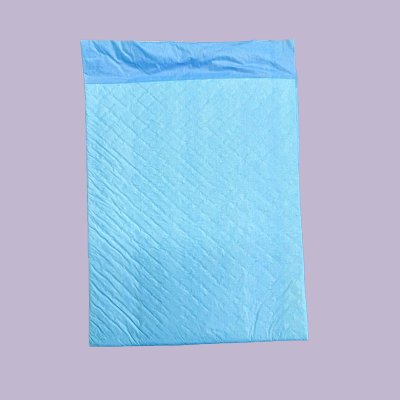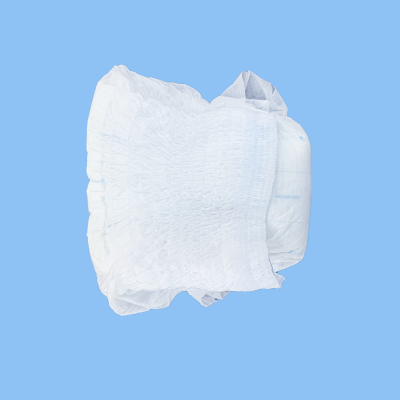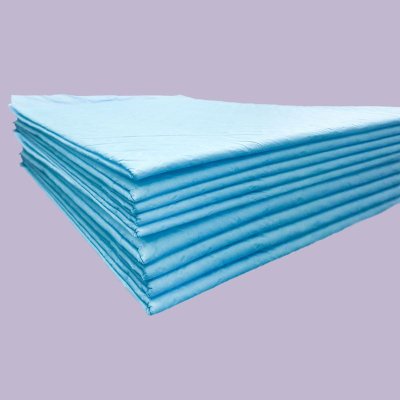Master Scientific Female Hygiene Knowledge to Safeguard Physical and Mental Health at All Times
2025/08/27 16:00
Reporter Dou Bao - With the improvement of health awareness, women's health care has gradually become the focus of public attention. However, many women still have misunderstandings in daily hygiene care, which may lead to gynecological health problems. Recently, the reporter interviewed gynecological health experts and sorted out practical female hygiene knowledge to help women scientifically protect their own health.
In terms of daily cleaning, experts emphasize that "moderate cleaning" is the core principle. The vagina has a self - cleaning function, and excessive cleaning will instead disrupt the normal flora balance inside it and reduce resistance. It is recommended that women clean the vulva with running warm water every day, and there is no need to use various cleaning lotions or conduct intravaginal irrigation. When cleaning, they should follow the order of "from front to back" to avoid bringing bacteria near the anus to the vaginal opening and reduce the risk of infection.
Menstrual care is an important part of female hygiene, and correct care can effectively reduce the incidence of gynecological diseases. Experts remind that during menstruation, sanitary pads or tampons should be changed frequently. Generally, sanitary pads should be changed every 2 - 3 hours, and the replacement frequency of tampons can be adjusted according to the amount of menstrual flow, with a maximum interval of no more than 8 hours to avoid bacterial growth. Choose sanitary products produced by regular manufacturers with qualified quality, and pay attention to checking the production date and shelf life. During menstruation, strenuous exercise should be avoided, rest should be paid attention to, and emotional stability should be maintained to prevent the impact of endocrine fluctuations on health.
Underwear selection and hygiene habits should also not be ignored. Experts suggest giving priority to cotton underwear, because it has good air permeability and strong moisture absorption, which can reduce the humid environment of the vulva and lower the probability of mold infection. Underwear should be washed separately, and mixed washing with socks, outer clothes, etc. should be avoided. After washing, it should be dried in the sun for sterilization, and air - drying in the shade should be avoided. Underwear should not be worn too tightly, so as not to affect local blood circulation and air permeability and increase the risk of gynecological discomfort.
In addition, experts also corrected some common misunderstandings. Some women believe that "using panty liners frequently is more hygienic", but in fact, panty liners have poor air permeability. Long - term use is easy to cause local dampness, which instead increases the possibility of infection. It is not recommended to use them regularly during non - menstrual periods. Some women also have the misunderstanding that "gynecological lotions can prevent diseases". In fact, healthy women do not need to rely on lotions, and the abuse of lotions may instead disrupt the vaginal microecology and induce inflammation.
Finally, experts call on women to pay attention to their own health, conduct regular gynecological examinations, and if symptoms such as vulvar itching, abnormal leucorrhea, and irregular menstruation occur, they should seek medical treatment in time to avoid delaying treatment. Scientifically mastering hygiene knowledge and developing good hygiene habits are the keys to safeguarding women's physical and mental health.

